Being a parent is often called the toughest of all jobs, and like in any other job, there’s space for mistakes. We all make mistakes, but when it comes to parenting, the stakes are high. The wrong things we do or say can backfire when our kids grow into adults. Luckily, family psychologists are always ready to guide us on this treacherous road and help us raise happier children.
Here at Bright Side, we’ve found out which common mistakes parents make when raising their kids, according to experts, and here are 10 of them.
Making decisions for your child
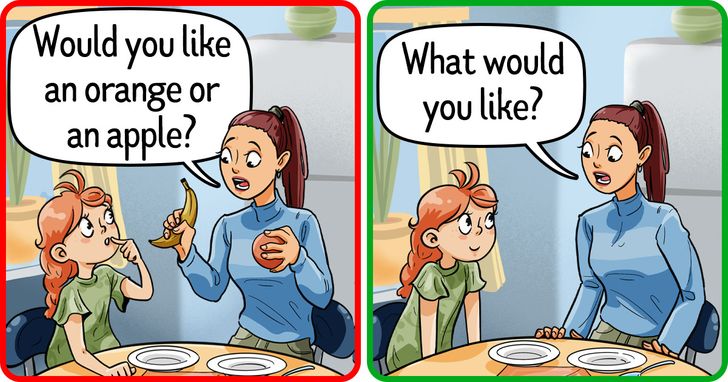
Giving your child space to make decisions and choices can be crucial for their psychological comfort. When we don’t feel in control over our own life, we suffer from stress and anxiety. Try not to force advice your child may not need and don’t limit their choices. Instead, try to encourage them to make their own decisions and be there for your child when they need your guidance.
Criticizing and comparing
Being too critical can seriously affect your child’s self-esteem and lead to a situation where they won’t be able to celebrate their achievements and will feel like outsiders. Parenting experts believe that phrases that start with “Why are you so...” or “Why can’t you be more like...” can harm your kid’s psychological comfort in a way that they may need a lot of time to recover.
Not letting them make their own mistakes
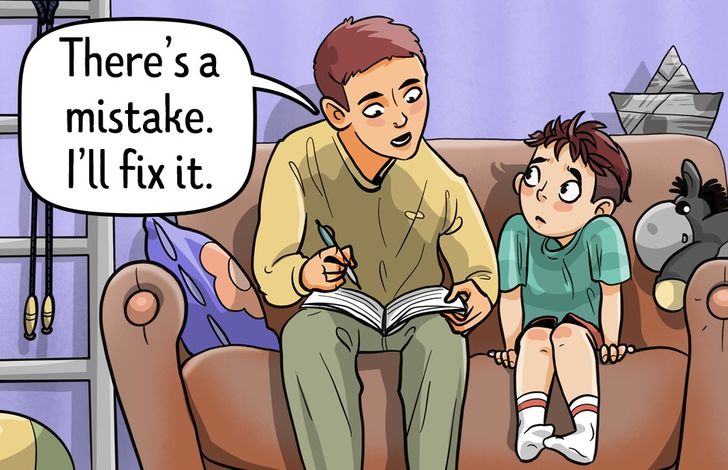
We learn a great deal of life lessons from making our own mistakes. When we try to shield our children from those mistakes, we rob them of the opportunity to face the consequences of their choices and actions. So, next time you want to prevent your kid from messing up, try to think of the good things that going through this mistake can teach your kid.
Talking more than listening
When it comes to parenting, listening is one of the most important skills a parent can have. Sometimes, we rush to teach our kids a lesson when something happens, instead of just letting them be heard. Being a good listener for your child is a sign of love and support. Ask questions that start with “what” or “how” instead of “why,” to encourage them tell you more about their problem, and together you’ll manage to find a solution.
Letting your child avoid responsibility
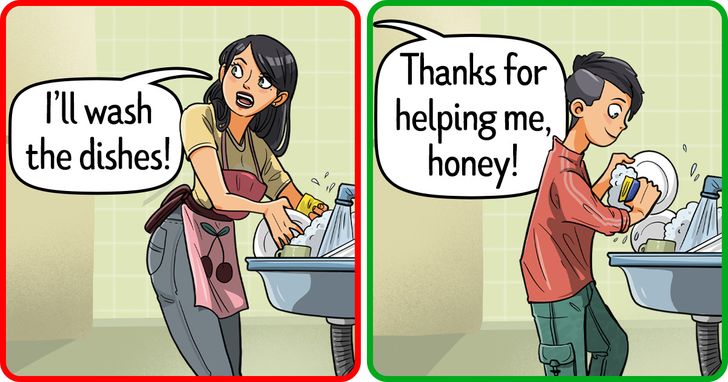
Some parents believe that their kid’s childhood should only be fun and they decide to free them from household chores and things like that. In reality, encouraging your kids to do age appropriate chores will help them become responsible adults, according to psychology experts.
Closing your eyes to learning problems
Poor grades and problems with behavior at school are not always the result of your child being lazy or unmotivated. Problems with executive functioning and memory and many other aspects of physical and psychological health can be a reason for learning issues, and they shouldn’t be ignored.
Expecting perfection
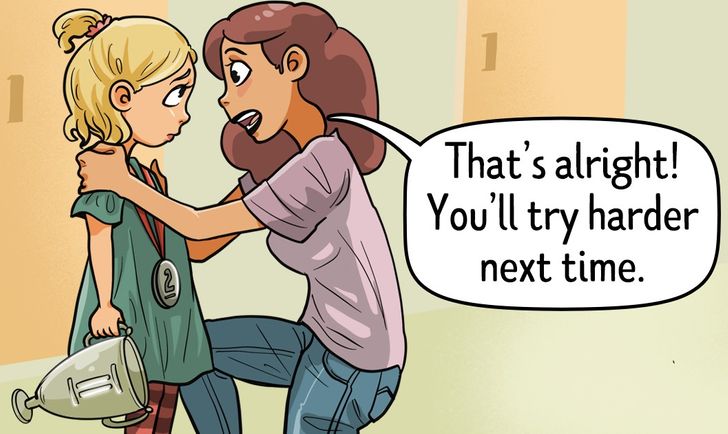
It’s pretty normal when parents hope for the best and expect the most from their children, but having expectations that are too high may cause problems, experts say. First, we need to realize that our kids can’t do the best in literally everything they do. Second, instead of pushing them to always be better than others, we should focus on their achievements and help them improve their skills.
Compensating for the other parent
Some parents play the good cop, bad cop game and try to be softer or stricter to make up for their partner. In reality, this approach can cause even more problems. In this way you and your partner compromise one another, instead of encouraging your child to try and reach an agreement with both parents.
Doing the things for your child that they can do for themselves
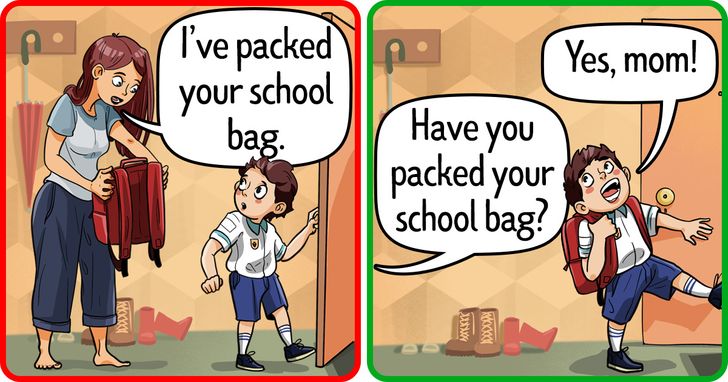
Letting our children do things on their own is a clue to raising independent and decisive adults. If you are that parent who does a lot for their child, experts suggest trying this method:
- Write down all the things you did for your child during a week.
- At the end of the week look through the list. Cross out the things your child can do for themselves and stop doing them.
- Circle those things that your child can partially do and let them do that part.
- Continue helping your child with the things that are left.
Not practicing what you preach
When we tell lies, blame others, and play the victim while telling our kids to never do these things, we are being inconsistent. Psychotherapist Sean Grover compares blaming your child for behaving in a way you taught them to “blaming the mirror for your reflection.” Try to be a good role model for your child and be brave enough to admit your own mistakes.